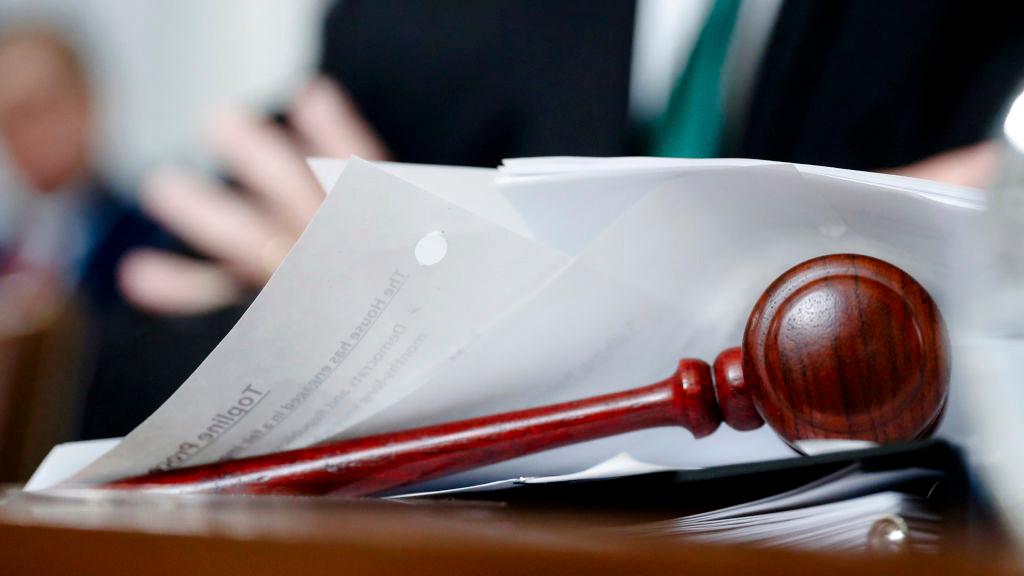The Alaska Supreme Court ruled on Friday that law enforcement officers in Alaska are not permitted to conduct aerial surveillance of a person’s yard using a zoom lens without first obtaining a warrant.
In its ruling, the court said that it disagrees with the state’s claim that such surveillance was constitutional “because small airplane travel is so common in Alaska, and because any passenger might peer into your yard and snap a picture of you, law enforcement officials may do the same.”





